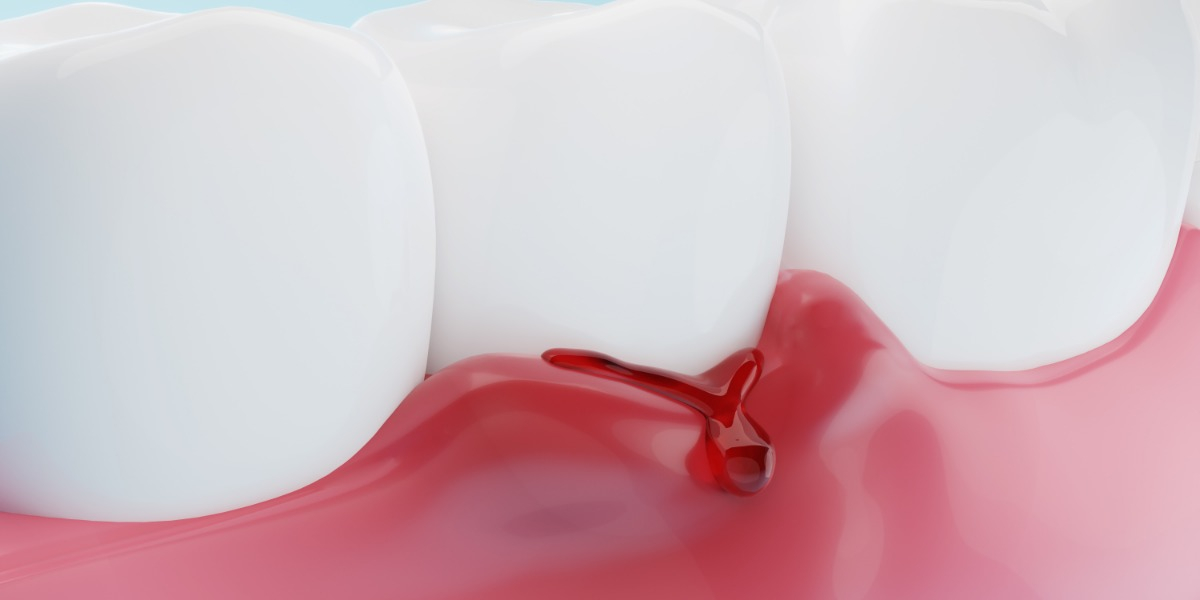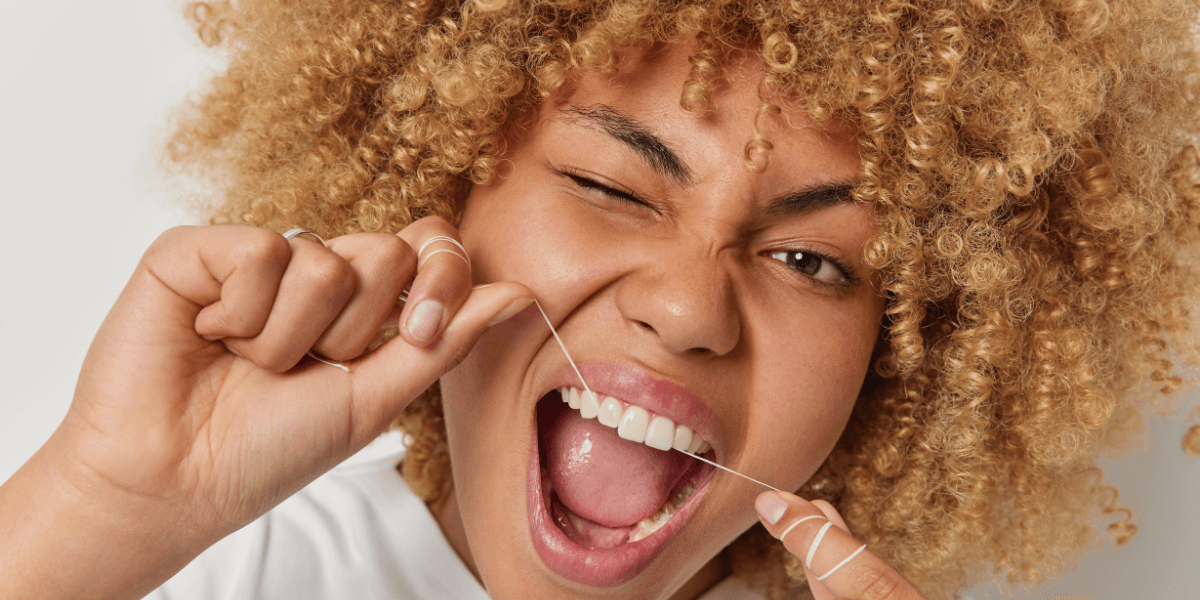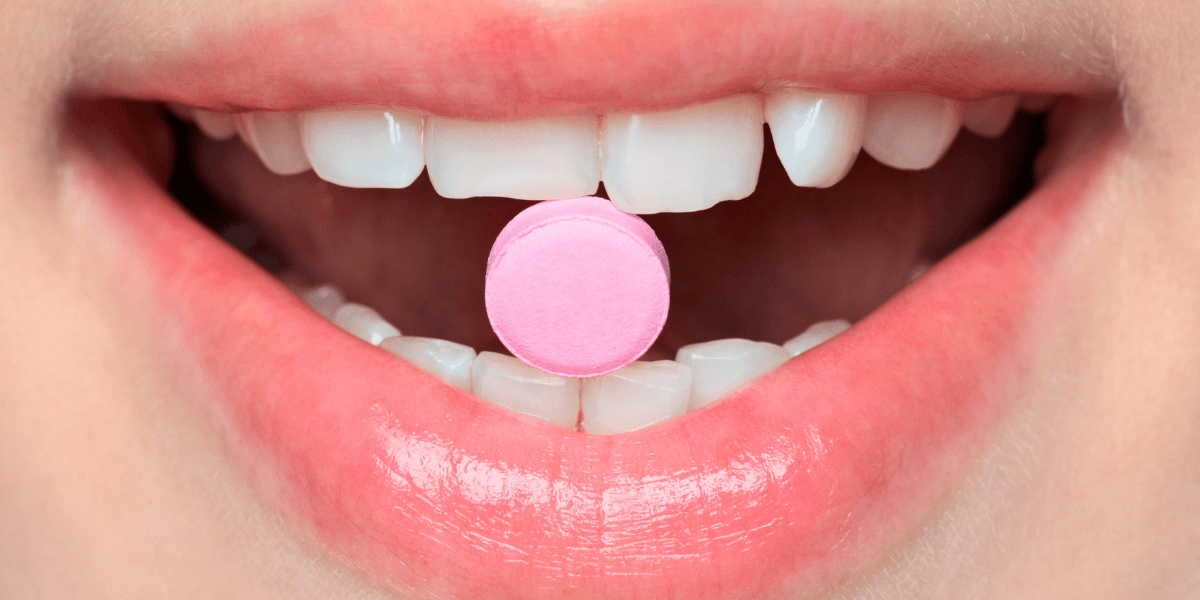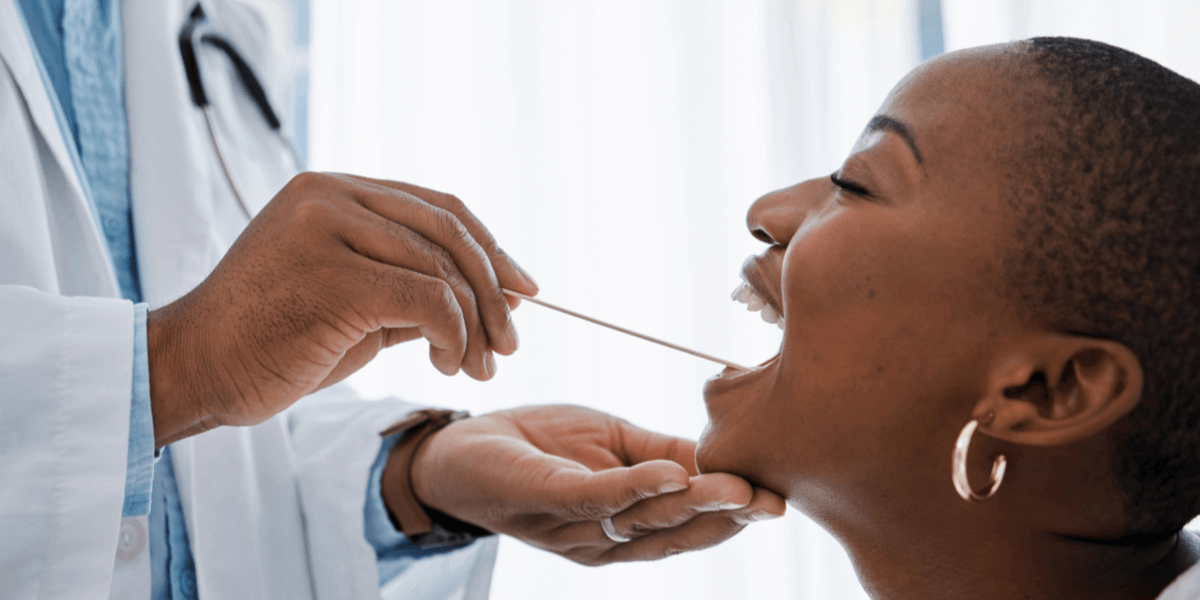Why do my gums bleed? What it means & how to stop it

Find out the common causes of bleeding gums and some that might surprise you.
If someone’s hands started bleeding when they washed them, they would panic instantly. Inside their head, alarms would be ringing, “do I have an infection?”, “Am I sick?”, “Should I see a doctor?” and they would be right to ask these questions since it is not normal for your hands to start bleeding when you wash them.
It also is not normal for your gums to bleed when you brush your teeth.
Do your gums bleed because you have an infection? Is it because you’re brushing too hard? Maybe both, maybe neither. Let’s explore a few reasons your gums could be bleeding when you brush your teeth.
Hormones
Women are likely to experience bleeding when brushing due to cyclical hormone fluctuations. One prime example is pregnancy. When a woman is pregnant, her progesterone levels rise[1], which can cause pregnancy gingivitis. Progesterone also rises during a woman’s menstrual cycle, so she is likely to experience bleeding then as well. While men may not experience hormonal bursts of oral cavity bleeding as adults, they did as teenagers[1]. Puberty causes hormonal fluctuations which result in increased systemic blood flow. This results in increased blood flow to the gums making them more prone to bleeding[1].
Calculus/tartar buildup
If one is not brushing or flossing regularly, they will begin to get tartar (or calculus) build up on their teeth. This calculus can also build up underneath the gums and harbors plaque and bacteria further irritating the tissues. If one has light build-up and plaque on their teeth and is experiencing bleeding, they likely have gingivitis, inflammation of the gums. If the tartar is already underneath the tissues and has made its way to the supporting bone of the teeth, they have periodontal disease and will need a deep cleaning followed by regular cleanings to keep their teeth clean and to prevent further bleeding in the oral cavity.
Restorations
If one has crowns or large fillings, one may also be susceptible to bleeding when brushing or flossing. This is because the margins of crowns can be sneaky places for plaque to hide or food to get trapped. This is also true of large fillings which can make it difficult to floss or remove any plaque or debris that may get trapped or lodged in between the teeth. The plaque, food, and debris that are not removed irritate the tissues and cause them to swell and bleed.
Aggressive Brushing
People often think the harder they brush the cleaner their teeth will be, but nothing could be further from the truth. Aggressive brushing only leads to dental issues like gum recession, gum irritation, and the loss of tooth enamel. When brushing, it is important to brush in soft circles with a soft toothbrush and not side to side as the scrubbing motion is too aggressive to the gums.
Bleeding in the oral cavity is always a cause for concern and should always be taken seriously. The body is incredibly smart and when it tries to tell you something, you should listen!
References
- Grover, C. M., More, V. P., Singh, N., & Grover, S. (2014). Crosstalk between hormones and oral health in the mid-life of women: A comprehensive review. Journal of International Society of Preventive & Community Dentistry, 4(Suppl 1), S5–S10. https://doi.org/10.4103/2231-0762.144559







